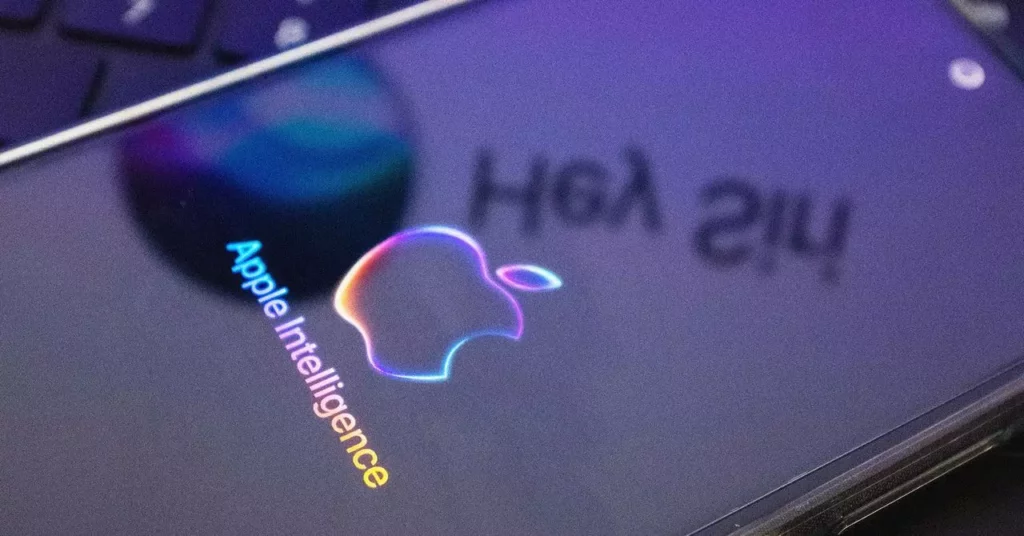Siri, Apple’s groundbreaking voice assistant, once sparked immense hope for a future driven by artificial intelligence. Initially heralded as an innovative leap forward, its journey has become a cautionary tale. Conceived during the transformative era of technology and guided by the visionary Steve Jobs, Siri was intended to redefine how users interacted with their devices. However, as history often shows, lofty ambitions can sometimes drown in the murky waters of execution. For Apple, the disillusionment surrounding Siri serves as a stark reminder that potential is only as good as its realization.
The excitement that greeted Siri’s debut was quickly tempered by the mediocrity of its performance. The early iterations of the software didn’t just fall short of expectations—they often floundered in providing a seamless user experience. Tom Gruber’s revelations about Jobs’ hands-on involvement in acquiring Siri highlighted the initial enthusiasm, yet Richard Williamson’s blunt observation that Siri was a “hot mess” illustrated the depth of the underlying issues. Here we see the first of Siri’s unforgiving truths: a stark contrast between aspiration and practical achievement.
The Language Barrier: A Fundamental Flaw
One of Siri’s glaring shortcomings lies in its rudimentary natural language processing capabilities. Initially, the technology operated more like a glorified keyword index than a true conversational partner. The lack of contextual understanding turned what was supposed to be a sophisticated interaction into a frustrating experience. Users soon found that Siri was more inclined to misinterpret their queries rather than offer meaningful assistance—a scenario that led to a loss of trust. Unlike competitors such as Google Assistant, which thrived on vast datasets to enhance understanding, Siri’s commitment to privacy created an inherent tension that ultimately hindered its capability.
This raises a vital point: in a world so deeply woven into the fabric of technology, can a mere focus on privacy supersede the need for functional excellence? While data privacy remains a hot-button issue, Siri’s performance has long been at risk due to this strict adherence. The user experience became a casualty of Apple’s drive to maintain a clean privacy record, revealing a perilous trade-off that has only deepened in recent discussions around AI.
Apple’s Ethical Dilemma: Privacy vs. Performance
As it seeks to revitalize Siri amidst a rapidly changing landscape, Apple finds itself grappling with an ethical conundrum that many tech giants face today: how to balance innovation while preserving user trust. In its latest iteration, Apple aims to introduce a hybrid model that combines a small language model embedded on devices with powerful AI frameworks like those from OpenAI for more complex queries. Yet, this approach inherently nudges users towards granting permissions that some may perceive as a privacy violation.
Apple has always prided itself on being at the forefront of privacy stewardship. However, can a company maintain its illustrious reputation while competing against juggernauts that leverage swathes of user data? In an age where consumer expectations continue to rise, merely withholding performance for the sake of privacy may not suffice. The critical question remains: Is it time for Apple to re-evaluate its corporate philosophy?
Consumer Expectations: A Rising Tide
Today’s users are more sophisticated and demanding than ever before. They expect not just accuracy, but a responsive and personalized experience that integrates seamlessly with their daily lives. Siri’s operational framework struggles against these evolving expectations, attempting to carve out a niche that satisfies both technology enthusiasts and privacy-conscious consumers. However, the reality is that any reluctance to incorporate more robust AI capabilities comes at a significant cost.
Apple’s task becomes all the more daunting as it ventures to revive Siri amid fierce competition. The company faces the uphill challenge of winning back users who have long sought better interactions. With voice assistants continuously evolving, the risk of being outpaced by rivals looms large. Can Apple manage to create a solution that not only safeguards privacy but also enhances performance without alienating its user base?
The Future of Siri: An Uncertain Frontier
Amidst the complexities of AI advancements, the future of Siri hangs in the balance. The intense spotlight on Siri’s role has never been brighter, and the stakes are high. It’s a time of transformative potential for Apple, often celebrated for its innovative aura but criticized for its stumbles. The prospect of leveraging advanced AI offers exciting possibilities, yet it carries with it an increased responsibility—one that demands ethical considerations be interwoven with cutting-edge technology.
Ultimately, the narrative of Siri is one laced with untold promises, disheartening realities, and profound questions about the nature of progress in the tech industry. As Apple navigates these uncharted waters, the next chapter in Siri’s evolution remains shrouded in uncertainty, eliciting both skepticism and hope from consumers and developers alike. It is a pivotal moment for Apple, requiring them to seize the moment or risk further fading into the backdrop of the digital age.









Leave a Reply